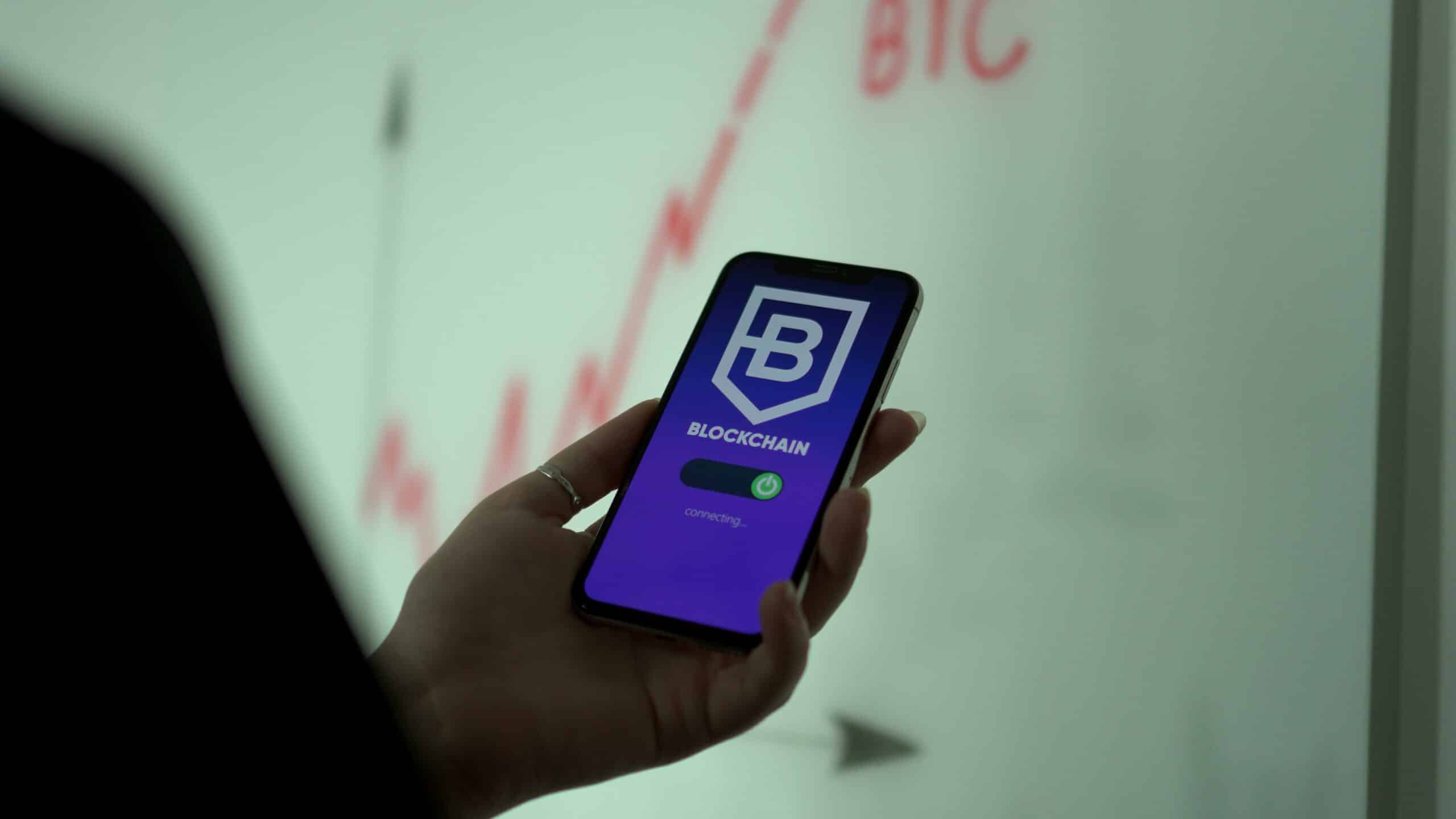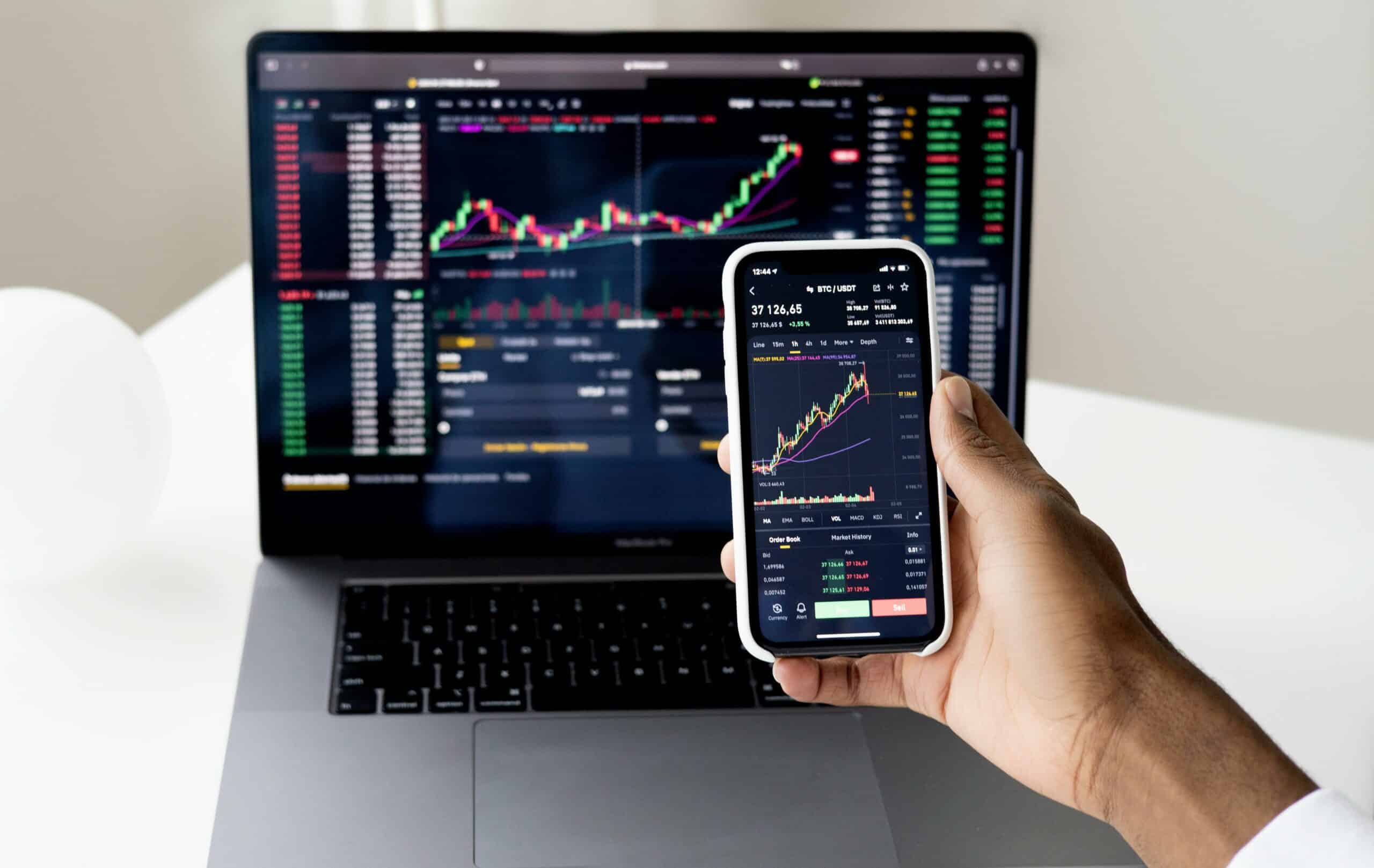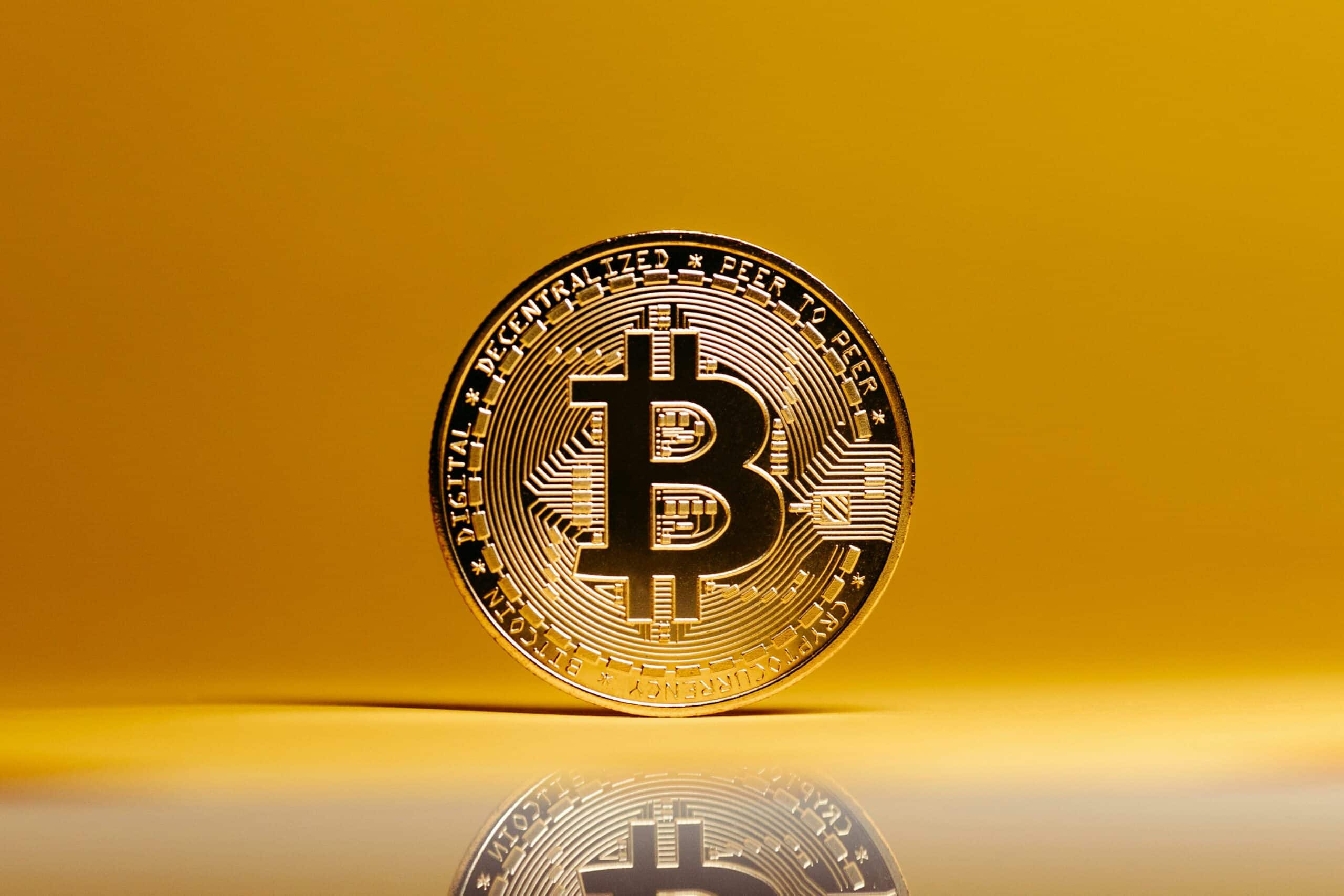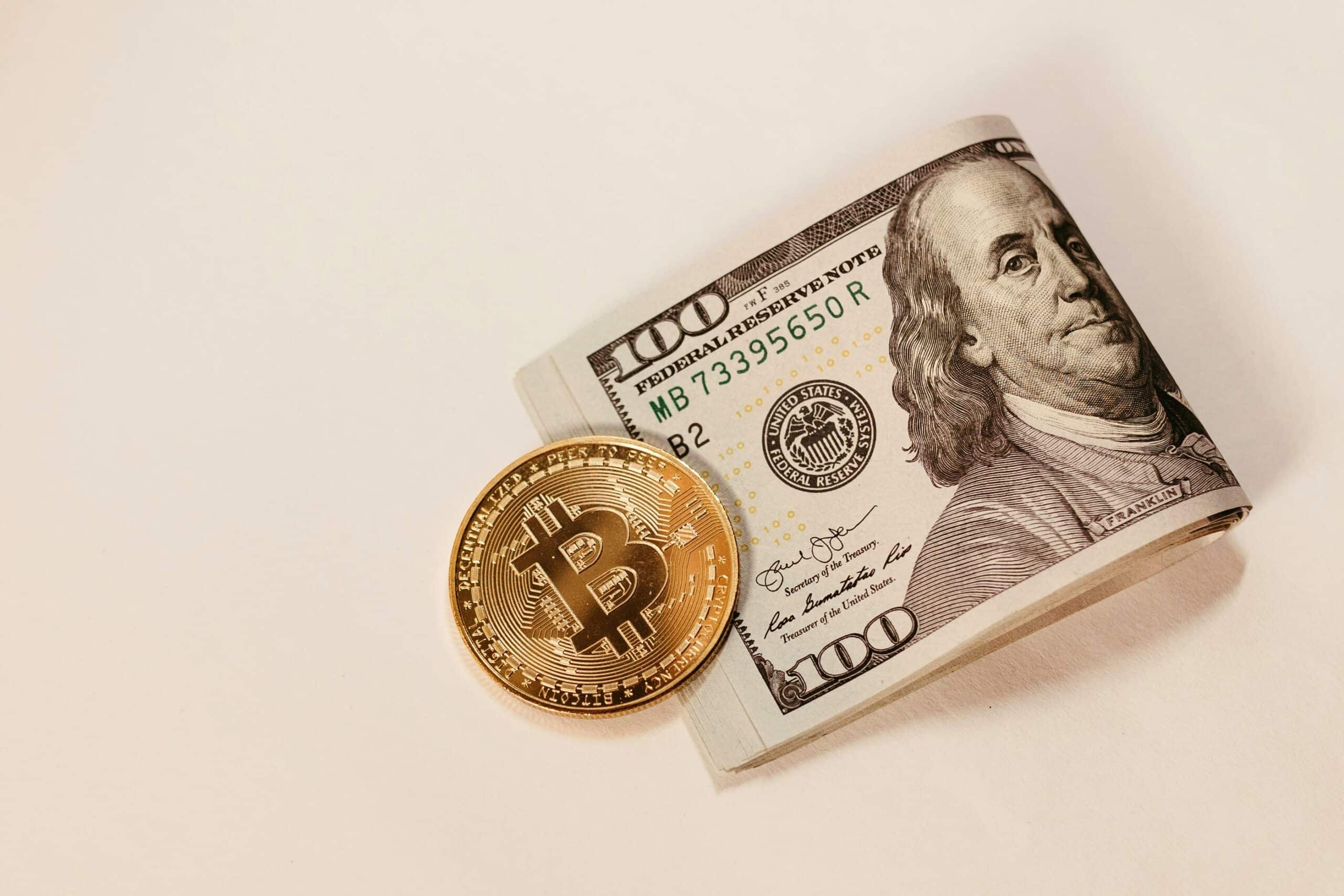Have you ever wondered about the legitimacy of the platforms where you trade cryptocurrencies? If you’re an investor or a crypto enthusiast, you’ve likely heard of Kraken, a major player in the crypto exchange world.
For those interested in this platform’s integrity and credibility, this article explores Kraken examining it through both legal and technical lenses. We’ll look at crucial factors behind Kraken’s trustworthiness, highlighting the importance of understanding a platform’s legitimacy.
Table of Contents
Understanding Kraken: A Brief Overview

Founded in 2011, Kraken has quickly emerged in the global cryptocurrency market. Its growth mirrors the rising interest in digital currencies, establishing it as a key player in finance. Kraken offers a diverse array of services, catering to both newcomers and experienced traders. Its fiat-to-crypto trading allows easy entry for those new to cryptocurrencies, enabling purchases with traditional currencies like USD and EUR.
Kraken also excels in crypto-to-crypto exchanges, so that users can diversify their digital portfolios by trading a variety of cryptocurrencies, including major coins and numerous altcoins. For the more seasoned traders, Kraken presents advanced options such as futures and margin trading. These features not only cater to sophisticated trading strategies but also reflect Kraken’s commitment to providing a dynamic and comprehensive trading environment.
In the following sections, we take a deeper look at Kraken and its legitimacy, both in the legal and technical sense, to provide you with a better understanding of this platform.
Kraken’s Legitimacy from a Legal Standpoint
The legal standing of a cryptocurrency platform is crucial for user trust and regulatory compliance. Reflecting this, Kraken’s approach to legal matters is multifaceted, encompassing regulatory compliance, licensing, and proactive responses to legal challenges.
Regulatory Compliance
In the financial sector, strict adherence to legal regulations is necessary for maintaining legitimacy and user trust. Kraken has proactively aligned its operations with various countries’ regulatory frameworks.
This global compliance is evident in its rigorous implementation of Anti-Money Laundering (AML) and Know Your Customer (KYC) policies. These regulations play a critical role in preventing financial crimes such as money laundering and identity theft. Kraken enforces these policies and adheres to legal standards, which also enhances the security and trustworthiness of its platform for users.
Licensing and Jurisdiction
Kraken’s commitment to legal legitimacy extends to obtaining necessary licenses across different jurisdictions. Operating in the financial domain requires approval and oversight from relevant authorities, and Kraken has navigated this landscape effectively. By securing licenses in various countries, Kraken demonstrates its dedication to lawful operations.
This licensing ensures that Kraken’s activities are under the scrutiny of financial regulators, adhering to both local and international laws and regulations. This aspect of Kraken’s operation reassures users that they are dealing with a platform that is recognized and monitored by official financial bodies.
Legal Challenges and Responses
As you might know, it has faced its fair share of legal hurdles. What sets Kraken apart is not the absence of legal challenges but its response to them. The platform has encountered various legal issues, from regulatory compliance to user disputes. However, Kraken’s approach to these challenges is indicative of its commitment to legal integrity.
The platform has shown a consistent willingness to cooperate with legal authorities and to adapt its operations in accordance with legal findings and directives. This adaptability and responsiveness to legal matters underscore Kraken’s dedication to maintaining a legally compliant and user-centric platform.
Kraken’s Legitimacy from a Technical Standpoint

In cryptocurrency trading, a platform’s technical integrity is just as crucial as its legal standing. Kraken’s approach to technical challenges encompasses robust security measures, platform stability, and continuous innovation, ensuring a secure and efficient trading experience. Let’s explore these factors further:
Security Measures
In today’s digital landscape, where financial transactions are increasingly online, robust security measures are not just an added benefit but a necessity. Kraken has implemented several key security features to protect user assets and data:
- Two-factor authentication (2FA): This adds an extra layer of security beyond just a password, requiring users to provide two different authentication factors to access their accounts.
- Encrypted email communication: To safeguard the privacy and integrity of communications, Kraken encrypts emails, ensuring that sensitive information remains secure from interception or unauthorized access.
- Cold storage of digital assets: A significant portion of the assets on Kraken are stored in cold storage, meaning they are kept offline and away from potential online vulnerabilities. This method is widely recognized as one of the safest ways to store cryptocurrencies.
- Additional security protocols: These may include SSL encryption, constant network monitoring, and regular security audits to identify and rectify any potential vulnerabilities.
Platform Stability and Performance
A platform’s ability to handle high trading volumes without faltering is critical, especially in the volatile crypto market. Kraken excels in this area in the following ways:
- High-performance servers ensure minimal downtime and the capacity to handle surges in trading activity.
- Its advanced trading engine is capable of executing complex trades efficiently and reliably.
- Regular system updates enhance performance and promptly address any emerging technical issues.
- The platform’s infrastructure is designed to scale seamlessly with increasing user numbers and trading volumes.
Innovation and Technological Advancements
Kraken’s dedication to staying at the forefront of technology in the rapidly evolving cryptocurrency sector is unmistakable. This commitment is showcased through their regular platform updates, which not only introduce new features but also refine existing ones, significantly enhancing the overall user experience. They are keen on adopting emerging technologies, integrating advancements in blockchain, improved encryption methods, and other technological innovations.
A user-centric approach is at the heart of their design philosophy, as they continuously refine their user interface to ensure ease of use, making the platform welcoming for both novice and seasoned traders.
Furthermore, Kraken actively seeks strategic partnerships, collaborating with leading tech innovators and thought leaders in the cryptocurrency space to bring cutting-edge solutions to their platform. This holistic approach to innovation and technology underlines Kraken’s position as a dynamic and forward-thinking player in the world of digital finance.
Risks and Considerations for Users
Kraken provides a strong platform, yet it’s essential for users to understand the risks in cryptocurrency trading. The crypto market is highly volatile, with prices heavily influenced by regulatory changes, technological shifts, market sentiment, and global economic factors. This volatility, coupled with market speculation, can lead to unpredictable movements and potential financial losses.
Investing in cryptocurrencies carries inherent risks. The value of your investments can significantly decrease, and some cryptocurrencies may face liquidity issues, affecting your ability to trade without impacting market prices. Additionally, the digital nature of cryptocurrencies exposes them to cybersecurity risks, despite robust security measures. Your investment’s safety also hinges on your personal security practices, such as protecting your private keys and using secure internet connections.
Furthermore, the regulatory landscape for cryptocurrencies is continuously evolving, which could affect market dynamics and the legality of certain activities. As a user, it’s crucial to approach cryptocurrency trading with caution and informed judgment, recognizing these various risks.
Here are some quick tips for safe trading:
- Invest responsibly: Only invest what you can afford to lose. Avoid putting in money that you need for essential expenses.
- Educate yourself: Stay informed about market trends, the technology behind cryptocurrencies, and the latest news in the crypto space.
- Use secure networks: Always trade using a secure internet connection. Public Wi-Fi networks can be vulnerable to security breaches.
- Enable security features: Utilize all the security features offered by the trading platform, like two-factor authentication.
- Diversify your portfolio: Don’t put all your funds into one cryptocurrency. Diversifying can help mitigate risks.
- Keep software updated: Ensure that your trading platform, wallet software, and antivirus programs are up-to-date.
- Be wary of hype: Don’t make investment decisions based solely on hype or the fear of missing out. Do your own research.
- Monitor your investments: Regularly check your cryptocurrency investments and be aware of market conditions.
- Understand tax implications: Be aware of the tax obligations in your country related to cryptocurrency trading.
Key Takeaways
Kraken distinguishes itself as a credible cryptocurrency exchange, underscored by its rigorous security measures, commitment to regulatory compliance, and continuous technological progress. Whether you are a seasoned trader or a crypto novice, grasping the legal and technical intricacies of platforms like Kraken is indispensable. All-in-all, Kraken’s fusion of security, adherence to regulations, and technological innovation makes it a robust choice for engaging in digital currency trading.
It’s important to remember that in the world of cryptocurrency, being well-informed and trading safely should always be your top priorities. I encourage you to delve deep into the legitimacy of any platform and stay abreast of market trends and legal developments. This proactive approach will safeguard your investments and enhance your trading experience in this exciting domain.
Stay curious, stay cautious, and let knowledge be your guide in the world of cryptocurrency trading.
Dive Deep into Crypto with Kraken
Explore the world of cryptocurrency trading with our in-depth Kraken review. Experience a user-friendly interface, robust security features, and a diverse range of trading options. Kraken stands out as an ideal platform for both newcomers and experienced traders alike. Navigate the dynamic crypto market with confidence and make well-informed trading decisions.
Read Our Full Kraken Review













